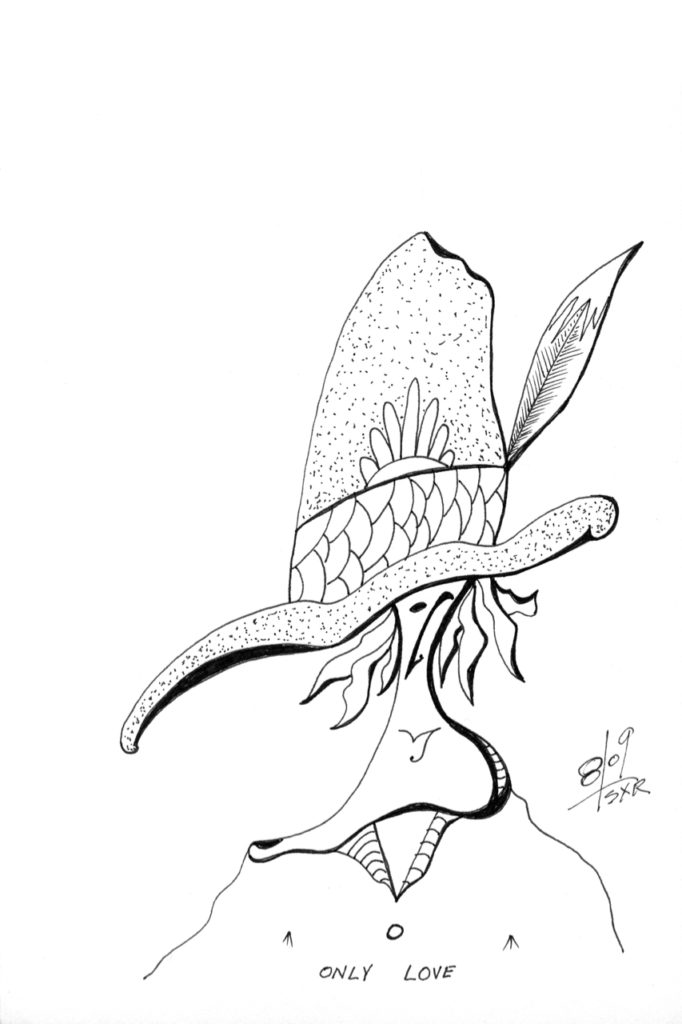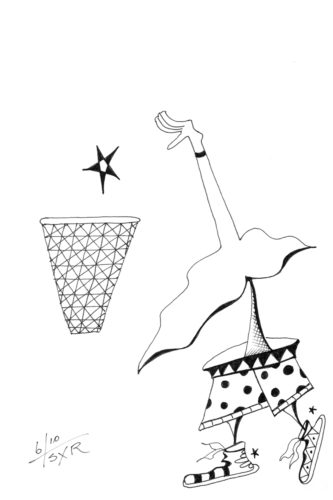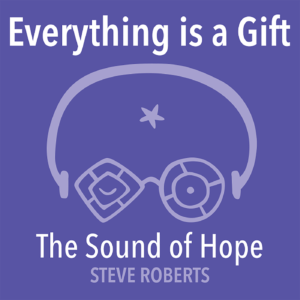I went to college at 27, the oldest freshman Amherst had ever admitted I was told. After my junior year I took a year’s sabbatical. A romantic entanglement was getting in the way of my studies. I needed time to allow the relationship to work itself out. Turns out, that romance died at the same time I met the love of my life and two children who were to become our daughters. Upon my return, a professor, learning of my year away, said, “Gee, I’m surprised. I would have thought at your age you’d want to finish up and get on with it.” That statement is one of the most important things anyone has ever said to me.
It led me to ask what was this “it” I would be getting on with––and why did I need to finish up my wonderful undergraduate experience in order to do so? Read More






